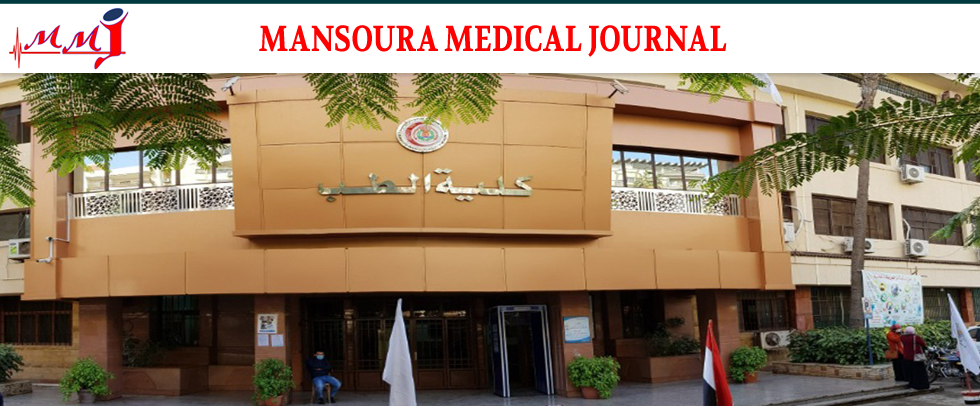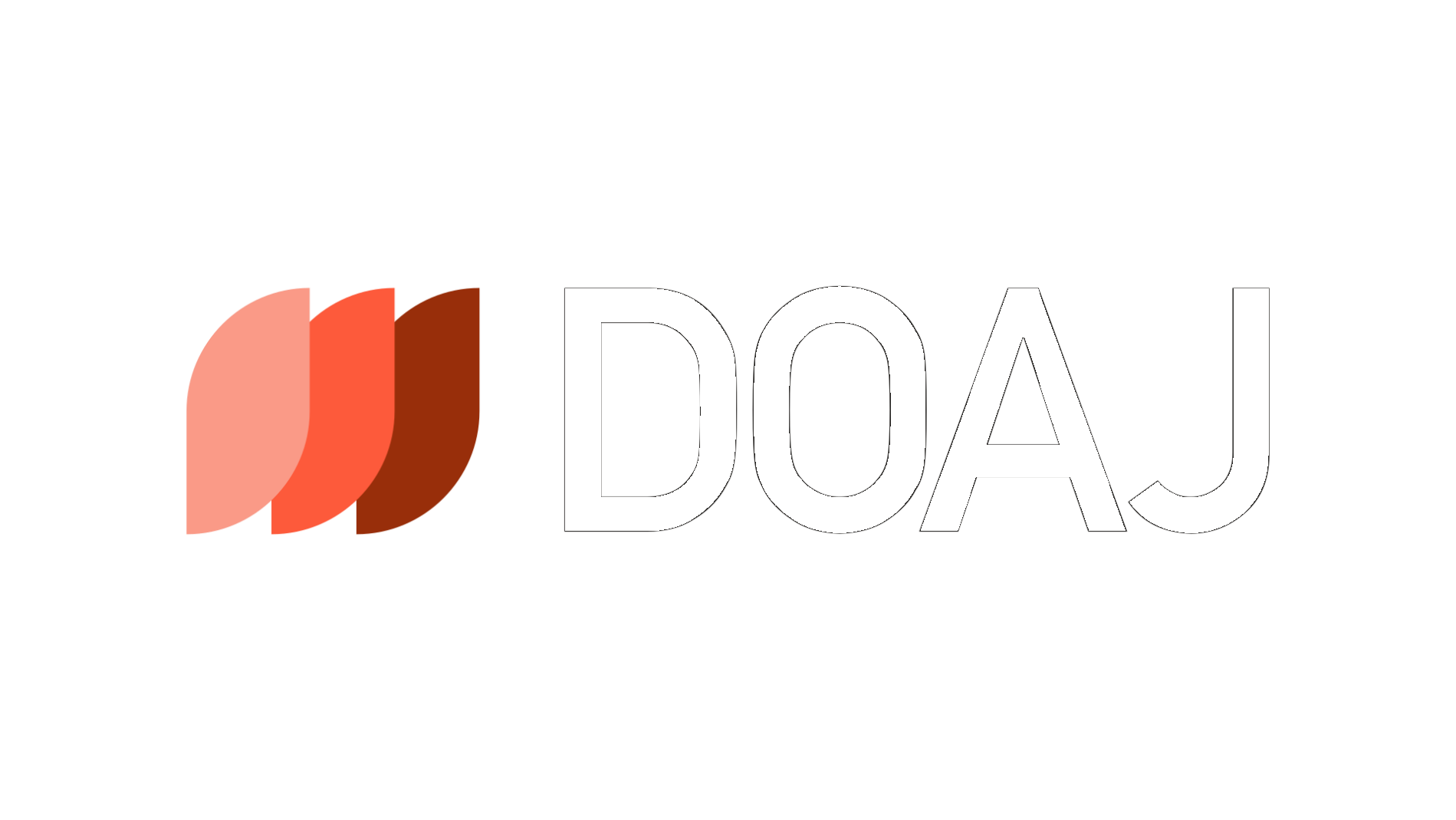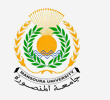Subject Area
Phoniatrics
Article Type
Original Study
Abstract
Background: Aphasia is acquired selective impairment of language. Computerized aphasia therapy is useful in language therapy and offers chances for independent practice at home to maximize intensity and improve outcomes. The aim of this study was to develop a computer-based language rehabilitation program for Arabic-speaking Egyptian aphasic patients to be culturally, linguistically and socially suitable for them and to determine its effectiveness. Methods: We conducted a prospective interventional study on 20 aphasic patients in the age range 40-65 years who received rehabilitation for 3 months using a newly designed Arabic software program named “Takalam”. The program was pilot-studied on 10 normal adults prior to its application on the patient group. Improvement was measured using Comprehensive Aphasia Test (CAT) and Mansoura Arabic Screening Aphasia Test (MASAT) tests to evaluate effectiveness of the new software program. Results and conclusions: Statistically significant differences were observed between the pre and post assessment as regard all items of CAT and most items of the MASAT indicating language improvement. Arabic software program (Takalam) is a valid and effective tool for language rehabilitation and is culturally and linguistically suitable for Arabic-speaking aphasic patients.
Recommended Citation
Elsherbeny, Sara; Amer, Ayman; baz, Hemmat; and Abou-Elsaad, Tamer
(2023)
"Developing a Computer-based Program for Language Rehabilitation of Arabic-speaking Aphasic Patients,"
Mansoura Medical Journal: Vol. 53
:
Iss.
1
, Article 1.
Available at:
https://doi.org/10.58775/2735-3990.1399
Creative Commons License

This work is licensed under a Creative Commons Attribution 4.0 International License.



